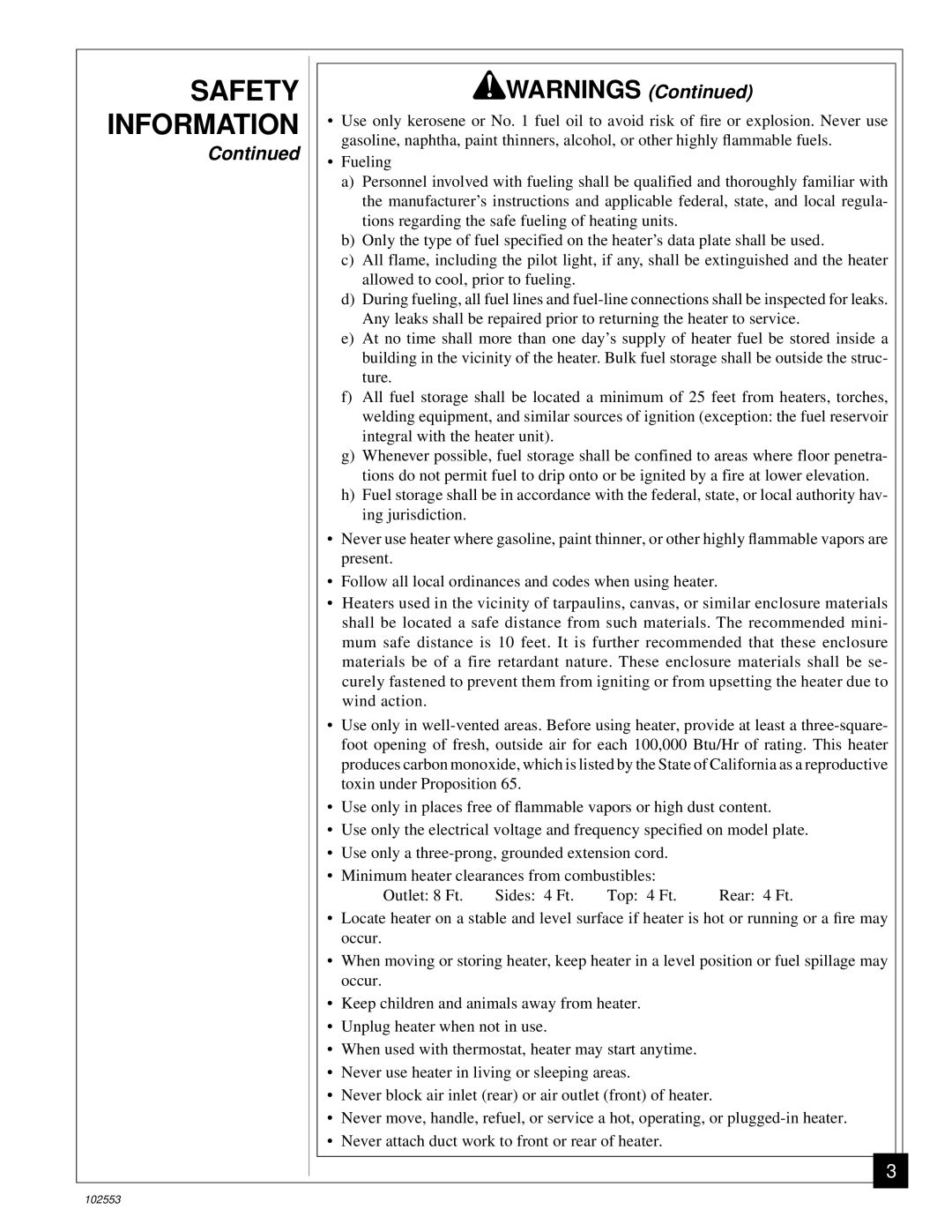B50H, REM50C specifications
Desa B50H and REM50C are innovative solutions designed for advanced energy management and efficient operation in various applications. Both models embody a blend of cutting-edge technology and user-centric design, making them ideal for modern energy needs.The Desa B50H, known for its robust performance, offers a high capacity and efficient energy output. This model is equipped with a powerful engine that ensures reliable operation while keeping fuel consumption at bay. The B50H features advanced thermal management systems that optimize engine temperature, thus extending the lifespan of the unit. Its user-friendly interface allows operators to monitor performance metrics seamlessly, ensuring effortless management of energy resources.
One of the key characteristics of the Desa B50H is its adaptability to different environmental conditions. Whether used in urban settings or remote locations, this model delivers stable performance, highlighting its versatility. Additionally, it incorporates noise reduction technologies, making it suitable for use in residential areas without disturbing the peace. The design prioritizes sustainability, integrating features that minimize emissions and promote eco-friendly usage.
On the other hand, the REM50C stands out with its exceptional connectivity options and smart technology integration. It is built with a focus on smart grid compatibility, allowing seamless communication with other energy systems. This capability enhances its efficiency, enabling real-time data exchange about energy consumption and demand. The REM50C also supports remote monitoring and control applications, allowing users to manage energy use from anywhere.
The REM50C incorporates advanced safety features, including overload protection and automated shutdown mechanisms, ensuring safe operation under various load conditions. Its compact design makes it easy to install, even in space-constrained environments. The model is engineered for durability, constructed with high-quality materials that withstand harsh conditions without compromising performance.
In summary, both the Desa B50H and REM50C represent significant advancements in energy management technology. The B50H is characterized by its robust performance and fuel efficiency, while the REM50C excels in smart technology integration and connectivity. Together, they offer versatile solutions suitable for a range of applications, from residential to industrial, catering to the evolving demands of energy management in today's world.

